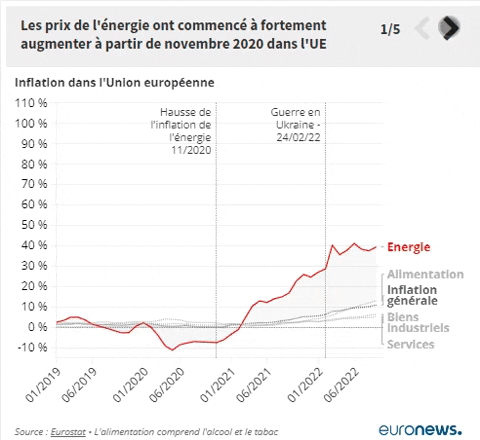Understanding economic trends in inflation, banking, interest rates, and exchange rates can give you an edge in managing your finances and spotting opportunities. Here’s what you need to know about Botswana’s latest economic indicators.
1. Inflation: Easing, but Caution Ahead
Annual inflation dropped to 2.9% in March 2024, down from 3.9% in December 2023. This decline was driven by stable international fuel prices. However, inflation is forecasted to rise slightly later in 2024 due to:
Likely increases in fuel and electricity prices, both currently sold below cost.
Higher international fuel prices, influenced by global instability.
What this means for you:
Lower inflation is great news for your spending power, but keep an eye on rising prices later this year. Budget for essentials like fuel and electricity, and consider inflation-linked investment options to hedge risks.
2. Banking and Lending: Mixed Signals
Arrears on loans rose marginally to 5.2% in 2023, up from 5.0% in 2022, mainly due to:
Household arrears increasing to 4.7% (from 4.4%).
Business arrears growing to 6.9% (from 6.3%).
On the brighter side, overall bank credit grew by 9.7% in January 2024, although this was slower than the 11.5% growth recorded in October 2023. Key trends:
Household credit growth dropped sharply to 5.4% (from 10.8%).
Corporate credit growth rose to 9.4%, signaling increased borrowing by businesses.
Investor takeaway:
The rise in arrears signals financial strain for some borrowers. But increased business lending suggests growth opportunities—explore corporate bonds or investments in sectors gearing up for expansion.
3. Interest Rates: Stability Rules
The Bank of Botswana maintained its Monetary Policy Rate (MoPR) at 2.40% in early 2024. As a result, commercial lending rates, including the Prime Lending Rate (6.51%), remained unchanged. Government bond rates also declined:
7/14-day BoBC Rate: Held steady at 2.40%.
Long-term Bond Rate (BW012): Dropped to 8.29% (from 8.72% in late 2023).
Why it matters:
Stable rates mean borrowing costs for businesses and individuals remain favorable. If you’re considering a loan or bond investments, now could be a good time to act before potential rate hikes.
4. Exchange Rates: Currency Movements
Botswana’s Pula showed mixed performance:
Weakened against the US Dollar, depreciating by 2.2% (BWP13.72 per USD at the end of Q1 2024, from BWP13.42 in Q4 2023).
Strengthened slightly against the South African Rand, appreciating by 0.1% (ZAR1.383 per BWP at the end of Q1 2024).
Your move:
A weaker Pula against the USD raises the cost of imports. This could push prices higher for imported goods. Consider investing in sectors that benefit from local production to hedge against exchange rate volatility.
Final Thoughts
For you, 2024 presents both opportunities and challenges. With inflation under control (for now), stable interest rates, and robust corporate credit growth, it’s a good time to explore investment opportunities in growing industries. Stay informed about currency movements and prepare for potential price increases in essentials.

